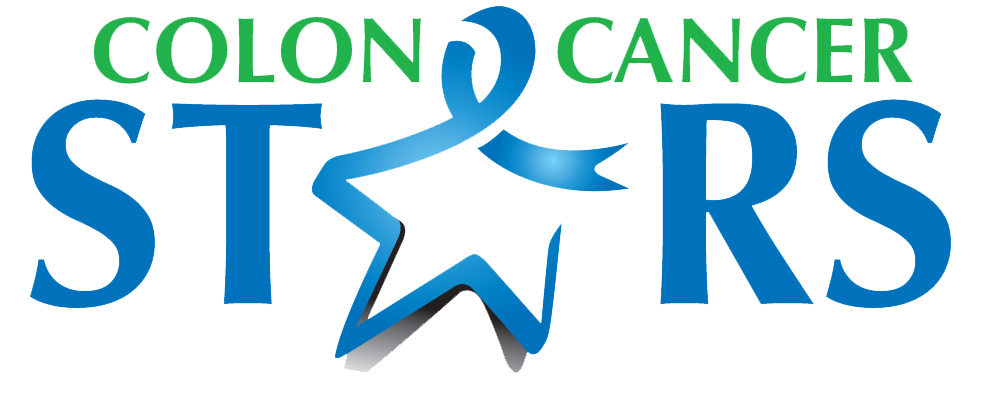Dress in Blue Day: A Mission to Raise Awareness and Save Lives
Every March, people across the country wear blue to support colorectal cancer awareness—but few know the inspiring story behind Dress in Blue Day and how one person’s determination turned it into an international movement.
Anita Mitchell-Isler’s Story: Turning Grief Into Action
Anita Mitchell-Isler, a stage IV colorectal cancer survivor, didn’t set out to start a national awareness campaign—she wanted to honor her friend Carmen Mitchell, spread life-saving information, and prevent others from experiencing the same loss.
Anita Mitchell and Carmen Mitchell
After losing Carmen to colorectal cancer and being diagnosed herself at a young age—Anita realized that awareness and early detection could make all the difference. Too many people weren’t getting screened because they didn’t know they needed to.
That’s when she took action.
How Dress in Blue Day Began
In 2006, Anita launched one of her first awareness projects—Dress in Blue Day—at her children’s school.
Instead of their usual uniforms, students wore blue for the day.
They each donated a dollar to the cause.
Most importantly, they gave their families home screening guidelines.
Her motivation was clear—she was the third parent at the school to be diagnosed under the age of 50, and she knew the importance of getting the message out. She wanted to talk about prevention, symptoms, and family history so that families could take action early.
But Anita didn’t stop there.
She contacted the local newspaper, bringing the message to an even bigger audience. Then, in 2009, the Colorectal Cancer Alliance (CCA) partnered with her to launch Dress in Blue Day nationally.
Today, millions of people across the country participate, and Anita is proud to see how far it has come.
“It is so exciting to see how far it’s grown with CCA taking it nationally,” says Anita.
March 2006. Anita with students from Holy Rosary School in West Seattle
Why Dress in Blue?
Colorectal cancer is the second leading cause of cancer death, but it doesn’t have to be.
It’s preventable when caught early.
It’s treatable and beatable with early diagnosis.
If you’re 45 or older, it’s time to get screened. If you have a family history, talk to your doctor about getting checked even earlier.
How You Can Help
On Friday, March 7th, and throughout Colorectal Cancer Awareness Month, you can make a difference:
Wear blue to show support.
Share this message at work, school, and on social media.
Encourage screening—it could save a life.
Screening saves lives. Let’s continue Anita’s mission and honor those like Carmen by ensuring everyone knows how to prevent colorectal cancer. Join us and help turn the world blue this March!


